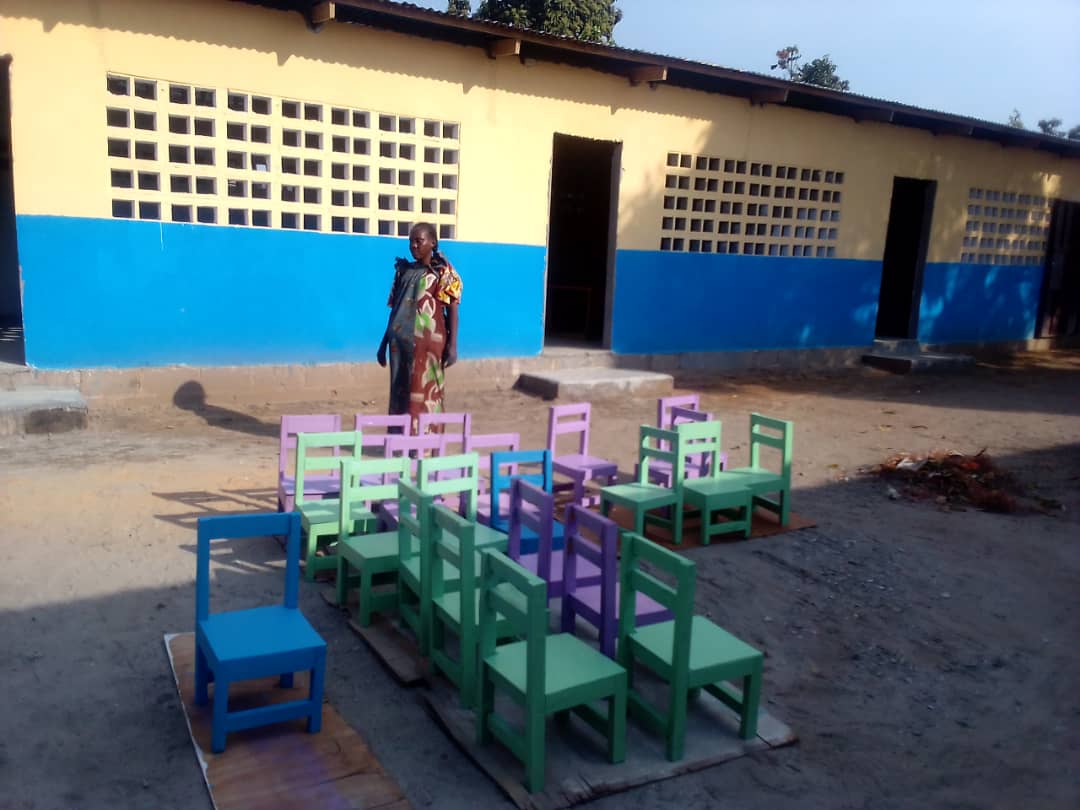
Any questions ?
Phone 202 303 405
EDUCATION
We believe that education is the backbone of social and economic development.
Addressing the multifaceted challenges impeding education in Africa necessitates a comprehensive and concerted effort. Chief among these challenges are inadequate funding, unequal access, high dropout rates, teacher shortages, and limited educational resources. Insufficient investment in education by governments hampers infrastructure development and teacher quality, perpetuating disparities in access to quality education. This, coupled with high dropout rates exacerbated by poverty and lack of support, underscores the urgency of implementing effective dropout prevention programs and providing motivational support to students. Furthermore, the persistent shortage of qualified teachers leads to overcrowded classrooms and compromises the quality of education. Therefore, investing in comprehensive teacher training programs and providing ongoing support is imperative to address this issue.

Equally critical is the provision of essential educational resources, such as textbooks and technological tools, to facilitate effective learning environments. By prioritizing increased funding and resource allocation, governments can bolster infrastructure, recruit and retain qualified educators, and ensure that every child has equitable access to quality education. Moreover, promoting public-private partnerships and leveraging technology can enhance educational outcomes and expand access to marginalized communities. By adopting a holistic approach encompassing these strategies, Africa can catalyze transformative change in its education sector, fostering broader societal, economic, and political development across the continent. Such collaborative efforts are paramount for realizing the continent’s immense potential and ensuring a brighter and more equitable future for all African nations.
